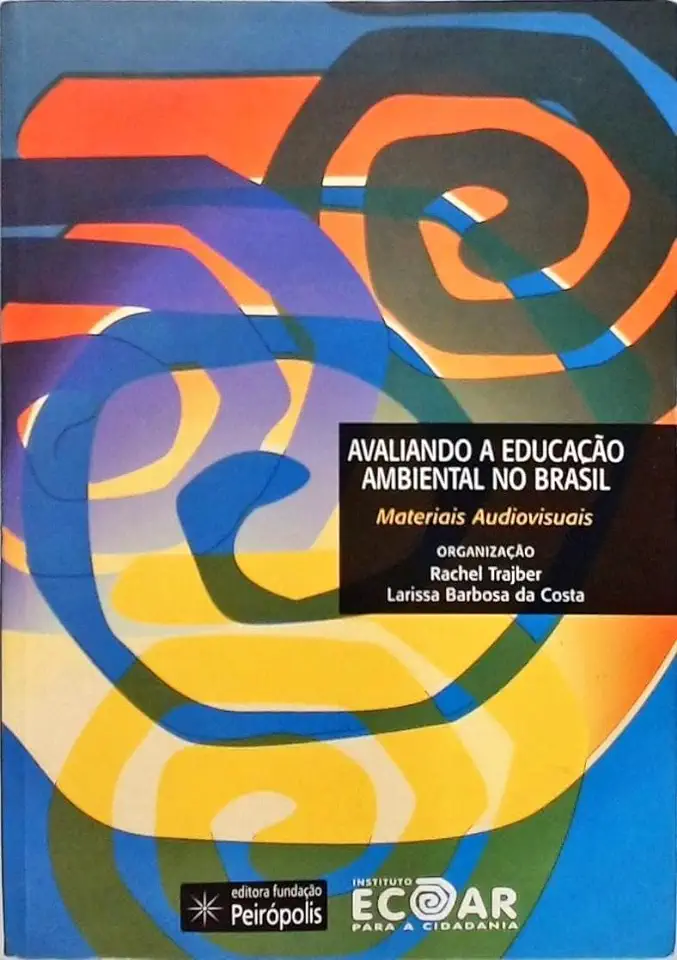
Assessing Environmental Education in Brazil - Rachel Trajber Larissa Barbosa da Costa
Assessing Environmental Education in Brazil: A Comprehensive Guide
Introduction
Environmental education is a critical component of sustainable development, empowering individuals and communities to make informed decisions about the environment and their role in protecting it. Brazil, with its rich biodiversity and complex environmental challenges, has made significant strides in promoting environmental education. This book, "Assessing Environmental Education in Brazil," provides a comprehensive overview of the state of environmental education in the country, offering valuable insights and recommendations for educators, policymakers, and practitioners.
Key Findings
The book presents a thorough assessment of environmental education in Brazil, drawing on extensive research and case studies. Some of the key findings include:
Progress in Policy and Legislation: Brazil has made significant progress in developing environmental education policies and legislation, establishing a strong foundation for integrating environmental education into the education system.
Curriculum Integration: Environmental education is increasingly being integrated into the school curriculum, with a focus on interdisciplinary approaches that promote critical thinking and problem-solving skills.
Teacher Training and Capacity Building: Efforts are being made to enhance teacher training and capacity building in environmental education, ensuring that educators have the knowledge and skills to effectively teach environmental concepts.
Community Engagement: Environmental education programs are actively engaging communities, fostering a sense of environmental stewardship and encouraging local action.
Challenges and Opportunities: Despite the progress made, challenges remain, including limited resources, inadequate infrastructure, and the need for greater collaboration among stakeholders.
Innovative Practices
The book highlights innovative practices in environmental education that are making a positive impact in Brazil. These include:
Project-Based Learning: Hands-on projects and real-world experiences are being used to engage students and promote active learning in environmental education.
Outdoor Education: Outdoor learning environments, such as school gardens and nature trails, provide opportunities for students to connect with nature and develop a deeper understanding of ecological processes.
Community Partnerships: Partnerships with local organizations, businesses, and government agencies are fostering collaboration and enhancing the impact of environmental education programs.
Technology Integration: Digital tools and online resources are being utilized to enhance environmental education, making learning more interactive and accessible.
Recommendations for Action
Based on the findings and analysis presented in the book, the authors offer a set of recommendations for action to further strengthen environmental education in Brazil. These recommendations include:
Policy Support: Continued support for environmental education policies and legislation, ensuring adequate funding and resources for effective implementation.
Teacher Training and Professional Development: Increased investment in teacher training and professional development, empowering educators to deliver high-quality environmental education.
Community Engagement and Partnerships: Fostering stronger partnerships with communities, local organizations, and stakeholders to create a collaborative approach to environmental education.
Innovative Approaches: Encouraging the adoption of innovative teaching methods, such as project-based learning, outdoor education, and technology integration, to enhance student engagement and learning.
Monitoring and Evaluation: Establishing robust monitoring and evaluation systems to assess the impact of environmental education programs and inform future improvements.
Conclusion
"Assessing Environmental Education in Brazil" is a valuable resource for anyone interested in the field of environmental education. It provides a comprehensive overview of the current state of environmental education in Brazil, highlighting progress made, challenges faced, and innovative practices that are driving positive change. The book offers actionable recommendations for stakeholders to further strengthen environmental education and empower individuals to become responsible stewards of the environment.
Enjoyed the summary? Discover all the details and take your reading to the next level — [click here to view the book on Amazon!]